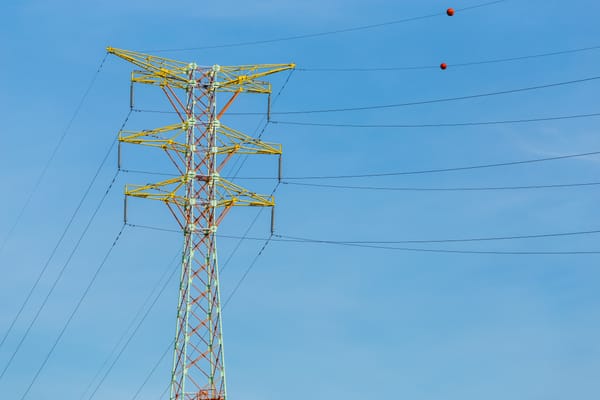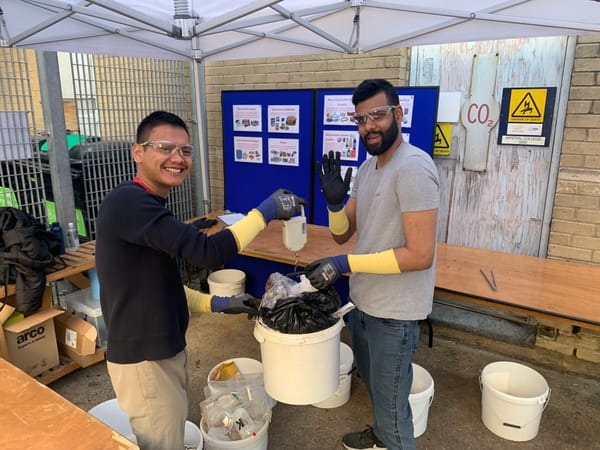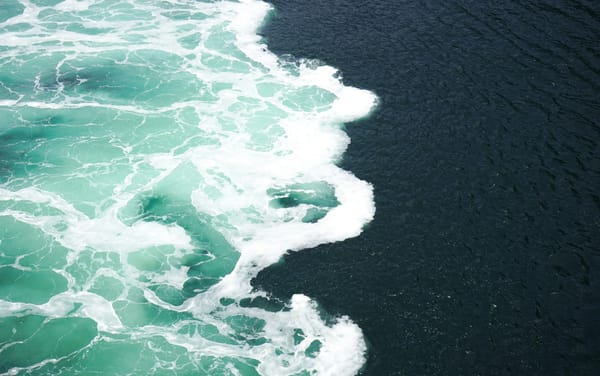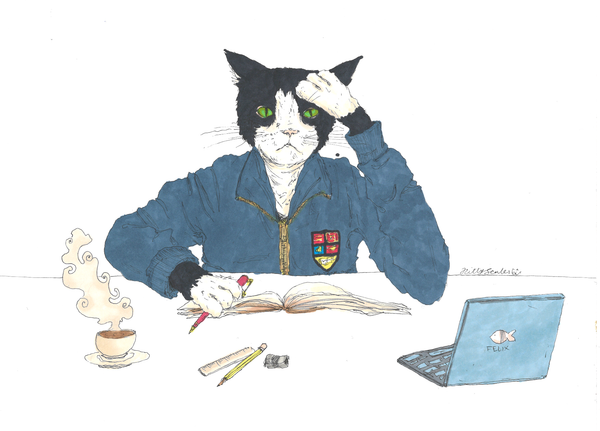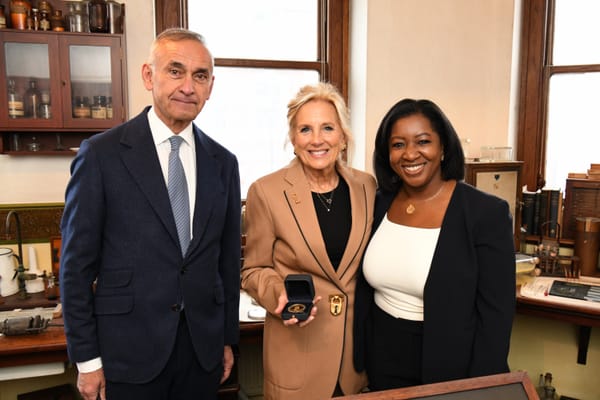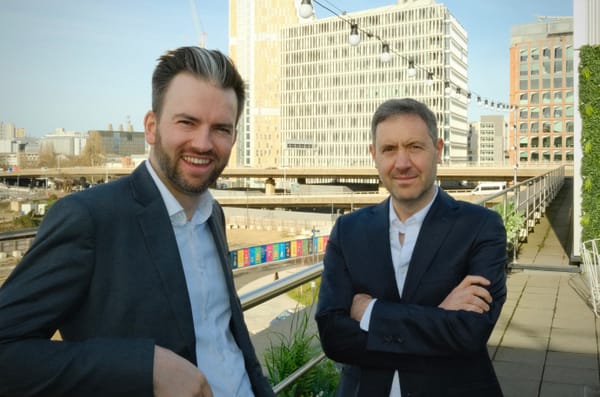Fires and fascism
“I’m positive. I’m always positive. When people talk about collapses, that’s great opportunity to actually change stuff”, Fernando explained to me. He had recently narrowly escaped his house burning down in a wildfire in Portugal.
In Europe, increasingly severe wildfires are creating space for change. However, unless communities are successful in fighting back, this could be falling into fascism.
After completing my PhD at Imperial, I left academia to pursue a career in filmmaking. I felt that storytelling could have more impact than any paper I would publish. Having studied air pollution, I wanted to make a film about the wildfires in Europe and to focus on the community action that grew around them. Among those I interviewed were academics, artists, activists, and authors. I found that wildfires are more than a consequence of climate change; they are also due to crime, corruption, and capitalism.
My first stop was in Greece, where the largest fire in the EU’s history started. In 2023, this fire spread 32 miles to the coast and surrounded the city of Alexandroupoli. Authorities evacuated the hospital by ferry because the roads were ablaze.
An artist told me about the media response: “The first thing they wrote: ‘Refugees caused the Fire in Dadia forest’”. “Have you seen the wall?” she asked. I hadn’t. Nobody was allowed within a kilometre of it without a permit. A taxi driver took me to a vantage point where I flew my drone to get a closer look. I was shocked to see a wall similar to that between Mexico and the USA standing for miles between Greece and Turkey.
The fire appeared to have been started by refugees cooking in the dense woodlands while entering Europe from Turkey. Sleeping bags and cooking equipment were found at its origin. However, it was the poorly resourced fire service and tinder dry conditions made more extreme by climate change that allowed the fire to grow uncontrollably.
A firefighter from the region told me how refugees have been used as weapons and of their true experiences, which was harrowing to hear. This region was once welcoming to people, but with crises such as the 2008 economic crash and now the fires, the people’s frustration has been capitalised by the far right. This was a pivotal moment for me.
In Sicily, fires grew in number and intensity around the time generous grants were given to expand wind farms. Areas with the most wind saw an increase in mafia activity, and farmers whose land had burnt were immediately approached by wind farm construction companies. In Sicily, the mafia own much of the construction business.
People are fighting back. A landscape gardener told me he had a group wearing hi-vis jackets at the entrances to hills he was protecting, at times when the Saharan wind is blowing and it is easiest to start fires. He explained that since he started doing this, there have been no fires in the area.
After a fire surrounded Palermo – Sicily’s capital – I spoke with Lisa, who had led a public assembly of 200 people. “It was a very important moment, like a moment of expression” Lisa told me. “The outcomes were not great on the institutional level. But the fact that many people from Palermo felt that they wanted to do something to have their voice heard was actually, for me, a big success”.
Carlo, a Sicilian hotelier, started an online chat where local people could report fires. He would go out with other volunteers to put the fire out. The group has grown massively to 265 people. “The chat really puts people together and creates a sense of community. People feel a little bit more empowered”. I asked why the firefighters aren’t putting these fires out. “We do what we do because the authorities don’t do what they should do, so we are there because we don’t want to see everything burn and our hills becoming deserts, and that’s why we act”.
The final region I visited was Portugal and northern Spain, where the eucalyptus industry dominates the landscape. Originally from Australia, eucalyptus trees have evolved to grow quickly and burn to release their seeds. Fascist dictatorships had broken the relationships and traditions that people had with the land, and the hills became lifeless monocultures.
Then the fires started. Usually of some accidental cause, fires spread uncontrollably. In 2017, 5% of Portugal burned and 66 people died. Protests against the eucalyptus industry have been ongoing since they were industrially planted in the 1950s but the power and influence the companies have in politics and academia makes them nearly invulnerable. I spoke with João, an academic: “There’s a huge divestment in public universities, and specifically in natural sciences and forestry. The private sector has taken over the curricula and the research. I’m not saying that they determine the outcomes, they just determine the questions”.
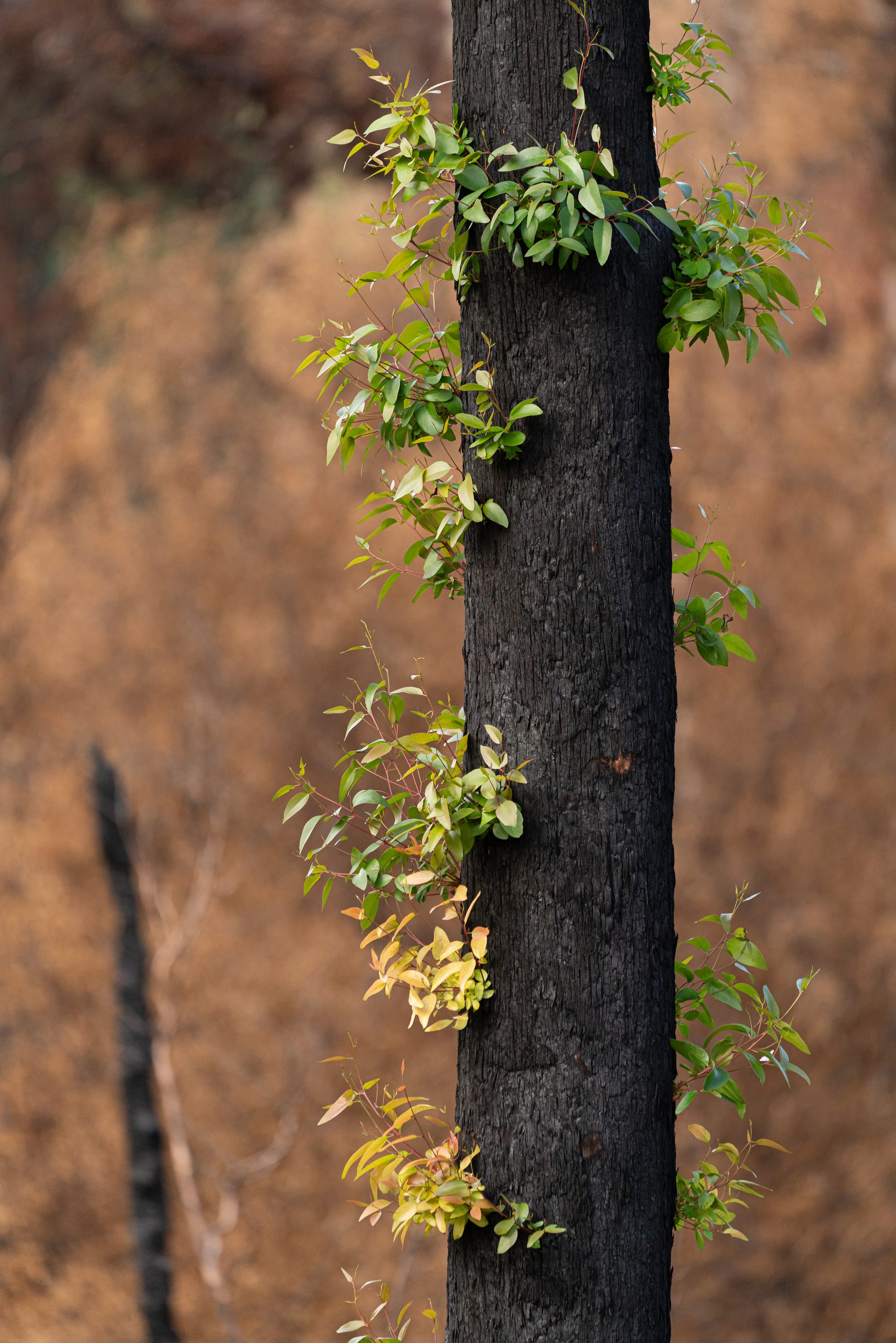
Activists in Spain and Portugal have reached out to local people who felt ignored by the government and brought people out to the countryside to cut down eucalyptus and plant native trees. They are taking ownership of the land that fascists had stolen, and industries continue to monopolise.
On ‘ecofascism’, Richard, an author and journalist, told me “Historically, the way that fascists have organised themselves, and historically the way that fascist regimes have kept themselves in power is through modern technologies, but also through the domination of space. Business interests align with the far right across the board”.
Rafa, a professor of philosophy, who was the president of a Spanish activist group, told me “We are going to see that fascism is going to try to dissolve and combat all those community social ties. The elites use techno-scientific reasoning to dominate and exploit the environment. We are restoring community knowledge, forms of resistance, and forms of individual freedom and technological knowledge. It is fundamental to create links to the land, and in some way learn from each other.”
Through this three-month journey, I learnt that wildfires are caused by more than just climate change. They are also a consequence of politics and business degrading both nature and community.
Social crises can be created and captured by fascists or prevented and positively transformed through community. I was inspired by people who stepped up, fought back, and brought nature and community into their lives. They’re recreating respectful political systems free from hierarchy. This gives me active hope and must surely be the way forward in the fight against the literal and metaphorical fires of fascism.


